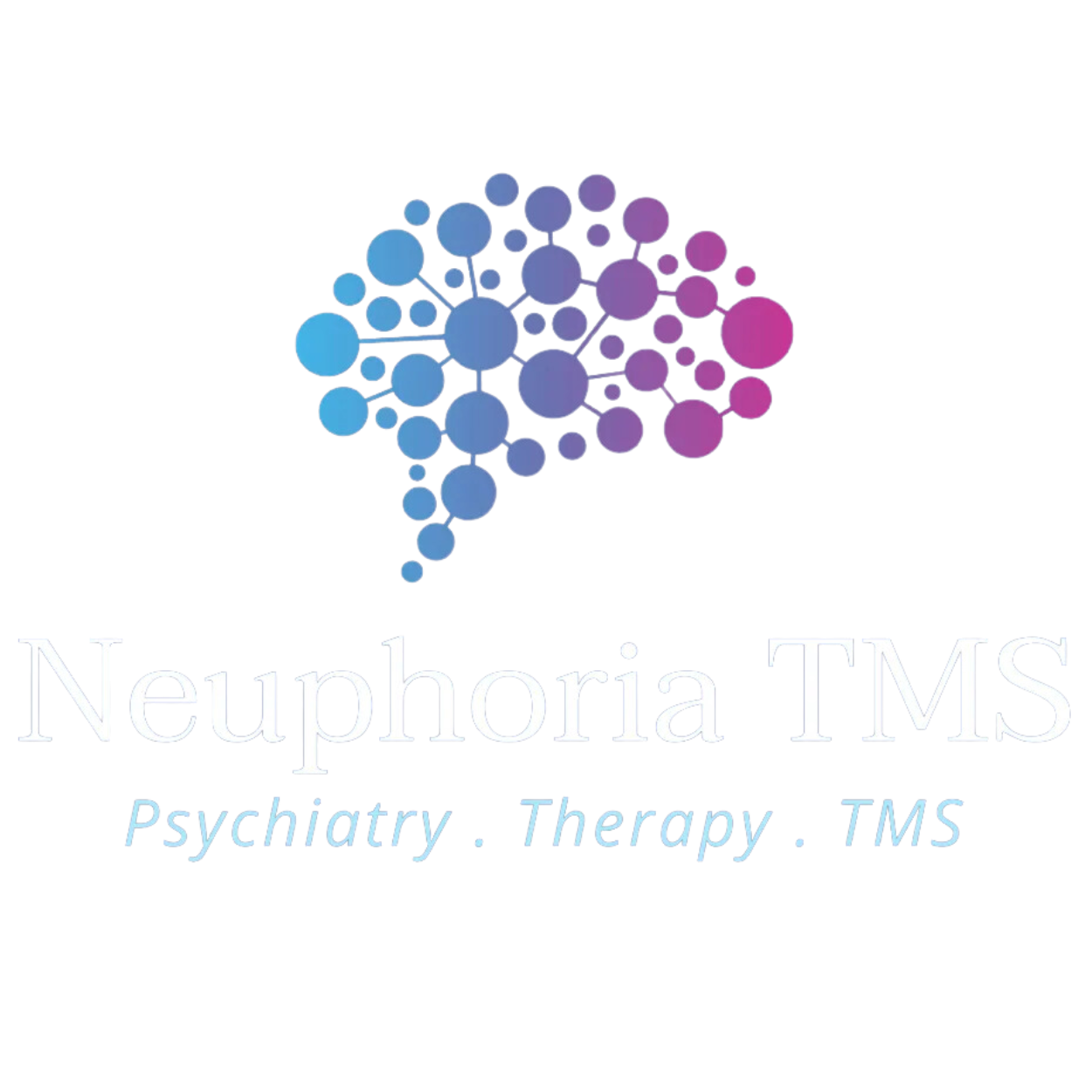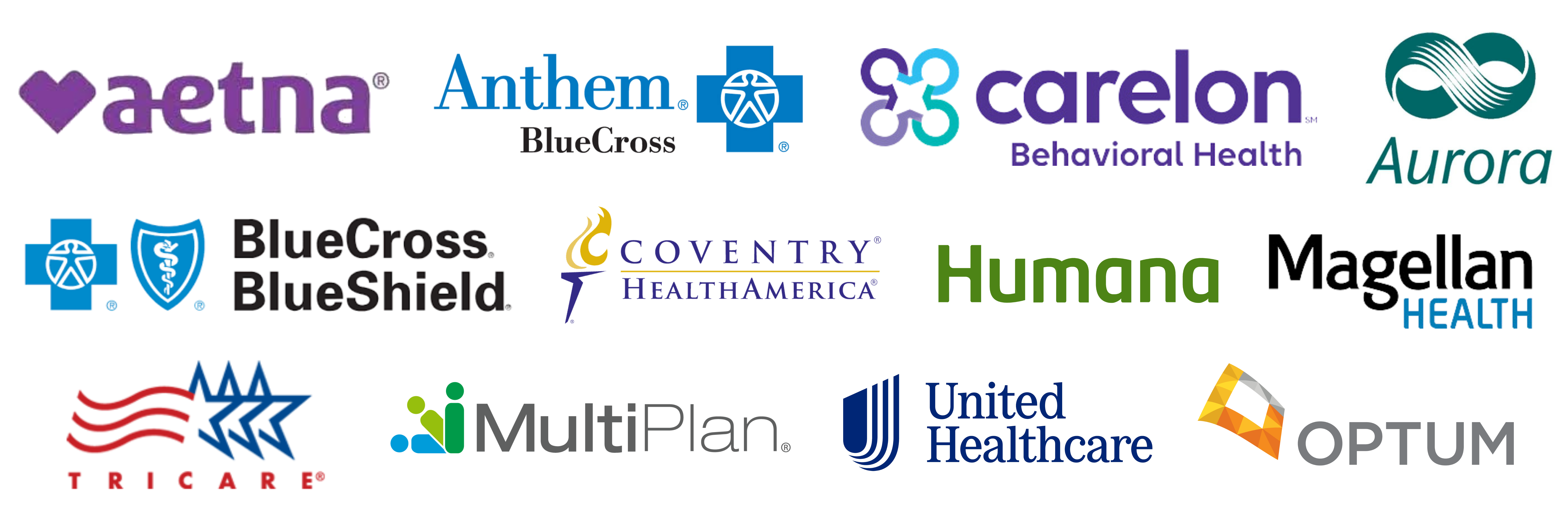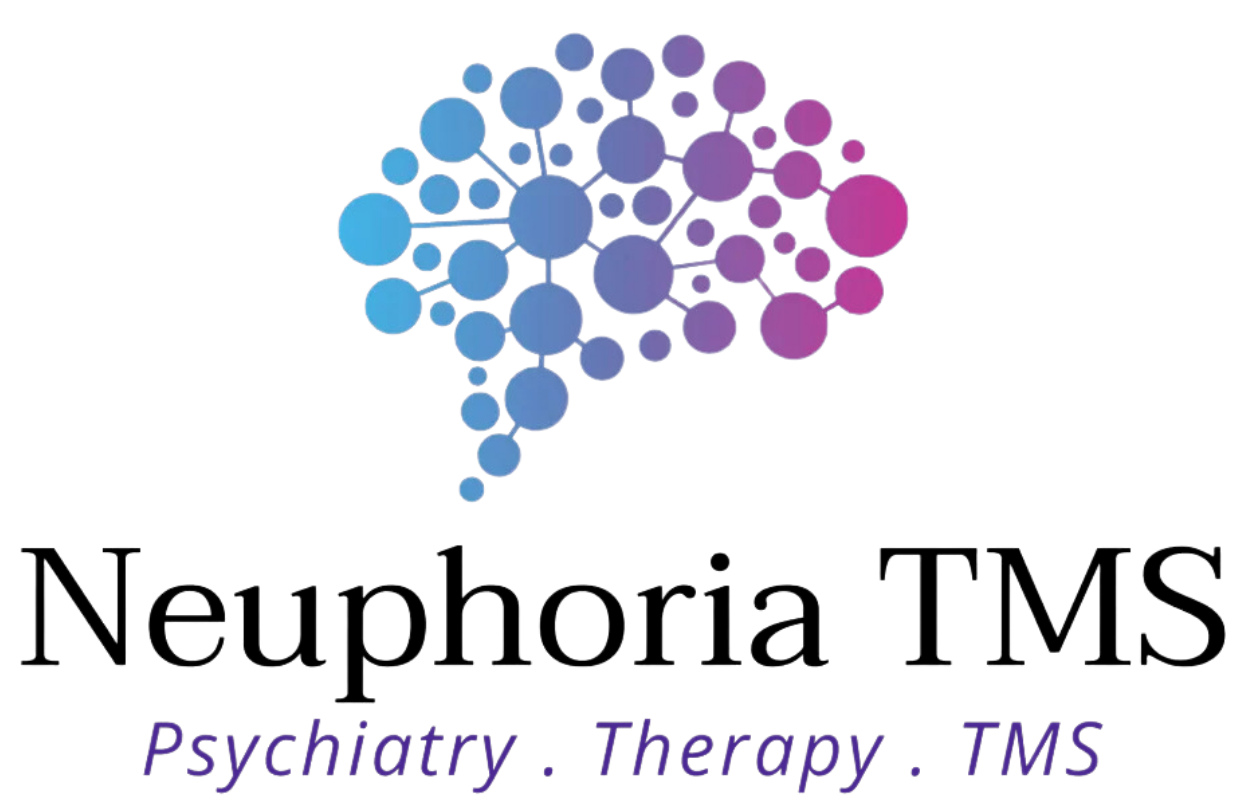Latest News
Latest Blog Posts

Unlocking the Potential: Exploring Off-Label Uses of TMS and Their Benefits
Transcranial Magnetic Stimulation (TMS) is best known for its therapeutic application in treating depression, but its uses extend far beyond its FDA-approved indications. Off-label TMS applications have garnered increasing attention, showing promise in various fields, from neurology to cognitive enhancement. In this blog post, we will delve into the off-label uses of TMS and the potential benefits they offer.
Off-Label TMS Uses:
Migraine and Headache Management: TMS has shown promise in alleviating the frequency and intensity of migraines and chronic headaches. By targeting specific brain areas associated with pain processing, TMS can disrupt migraine triggers and offer relief to individuals who have not responded well to other treatments.
Neuropathic Pain: TMS can be applied to mitigate neuropathic pain, a complex condition often resistant to conventional therapies. By modulating brain activity, TMS may help regulate pain signals, providing relief to patients dealing with chronic pain conditions.

Cognitive Enhancement and Neuroplasticity:
Cognitive Enhancement: Off-label TMS has been explored to enhance cognitive functions, such as memory and learning. By stimulating specific brain regions involved in memory consolidation, TMS may facilitate improved learning outcomes and memory retention.
Neuroplasticity Promotion: TMS can be used to induce neuroplastic changes in the brain. This can be especially beneficial in neurorehabilitation, as it helps individuals recover from brain injuries or strokes by promoting the reorganization of neural networks.
Anxiety and Obsessive-Compulsive Disorder (OCD):
Anxiety Disorders: TMS has demonstrated efficacy in reducing symptoms of various anxiety disorders, including generalized anxiety disorder and social anxiety. By regulating neural activity in the regions associated with anxiety, TMS offers an alternative approach for those seeking anxiety relief.
Obsessive-Compulsive Disorder: TMS can be a valuable adjunctive treatment for OCD, helping individuals manage symptoms when traditional therapies are insufficient. By targeting specific brain circuits related to OCD, TMS can reduce obsessive thoughts and compulsive behaviors.
Substance Use Disorders:
TMS has shown promise in the treatment of substance use disorders, such as addiction to drugs or alcohol. By influencing reward centers and craving-related brain regions, TMS may aid in reducing addictive behaviors and supporting recovery efforts.
Autism Spectrum Disorder (ASD):
TMS has been explored as a potential treatment to help individuals with ASD. By targeting specific areas of the brain associated with social and communication skills, TMS may offer therapeutic benefits and enhance social interaction for individuals on the autism spectrum.
Benefits of Off-Label TMS Applications:
1. Expanded Treatment Options: Off-label TMS uses provide additional options for patients who may not respond to traditional treatments, offering hope and relief to those with treatment-resistant conditions.
2. Lower Side Effects: TMS generally exhibits fewer side effects compared to some medications, making it a safer alternative, especially for individuals who may be sensitive to or experience adverse reactions to medications.
3. Non-Invasive Nature: Off-label TMS applications maintain the non-invasive nature of the therapy, minimizing surgical risks and discomfort associated with invasive procedures.
4. Advancements in Research: By exploring off-label uses of TMS, researchers contribute to the advancement of neuroscience and our understanding of the brain's intricate functions and potential for therapeutic modulation.

The off-label uses of TMS present a promising frontier in the world of neuroscience and mental health. While these applications require further research and clinical trials, they hold the potential to transform the way we address various neurological and psychiatric conditions. By expanding our knowledge and embracing innovative approaches, we can unlock the full potential of TMS to improve the lives of individuals dealing with a wide range of health challenges.
TMS is covered by insurance


Contact Info
Address: 1221 Medical Center Dr.
Wilmington, NC 28401
Phone: (910) 239-0300
Fax: (910) 756-4546
Email: info@neuphoriatms.com
Business Hours
Mon: 9am - 5pm
Tues: 9am - 5pm
Wed: 9am - 5pm
Thurs: 9am - 5pm
Fri: 9am - 5pm
Sat/Sun: Closed
For informational purposes only, a link to the federal Centers for Medicare and Medicaid Services (CMS) Open Payments web page is provided here. The federal Physician Payments Sunshine Act requires that detailed information about payment and other payments of value worth over ten dollars ($10) from manufacturers of drugs, medical devices, and biologics to physicians and teaching hospitals be made available to the public. It can be found at https://openpaymentsdata.cms.gov
We accept insurance.

Dr. ____, MD
Insert Doctor Bio

Contact Info
Address: 1221 Medical Center Dr. Wilmington, NC 28401
Phone: (910) 239-0300
Fax: (910) 756-4546
Email: info@neuphoriatms.com
Business Hours
Mon: 9am - 5pm
Tues: 9am - 5pm
Wed: 9am - 5pm
Thurs: 9am - 5pm
Fri: 9am - 5pm
Sat/Sun: Closed
For informational purposes only, a link to the federal Centers for Medicare and Medicaid Services (CMS) Open Payments web page is provided here. The federal Physician Payments Sunshine Act requires that detailed information about payment and other payments of value worth over ten dollars ($10) from manufacturers of drugs, medical devices, and biologics to physicians and teaching hospitals be made available to the public. It can be found at https://openpaymentsdata.cms.gov







